Satisfied Patients
Years of Experience
Award wining Procedures
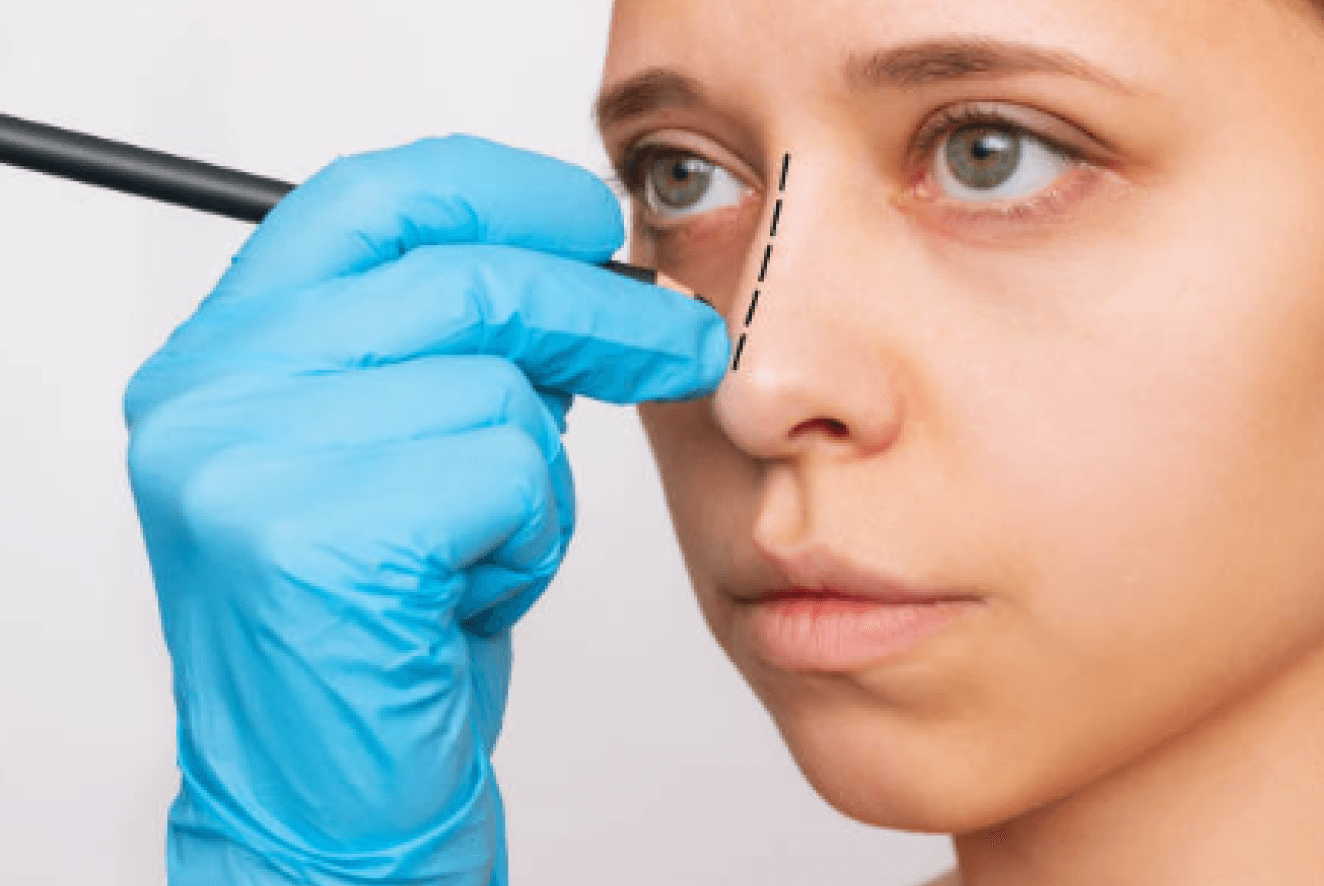
A facelift, medically known as rhytidectomy, is a cosmetic surgical procedure designed to address the visible signs of aging in the face and neck. The procedure tightens loose skin, reduces deep wrinkles, and improves facial contours to create a more youthful and refreshed appearance.
As the skin loses elasticity over time, factors such as sun exposure, genetics, lifestyle choices, and gravity contribute to sagging, wrinkles, and facial volume loss. A facelift can significantly improve these concerns by removing excess skin, tightening underlying muscles, and repositioning soft tissues.
A facelift does not stop the natural aging process, but it can dramatically slow down its visible effects, helping individuals maintain a firmer, more youthful face for years.
Facelift surgery follows a step-by-step approach to ensure optimal rejuvenation while maintaining natural facial expressions.
General anesthesia or local anesthesia with sedation is administered to ensure patient comfort.
The incision pattern varies depending on the facelift technique: Full Facelift: Incisions begin at the hairline (temples), extend around the ears, and continue down to the lower scalp. Mini Facelift: Shorter incisions around the ears. Mid-Facelift: Small incisions made within the hairline or inside the mouth.
The underlying muscles (SMAS layer) are tightened for a natural and long-lasting lift. Excess skin is carefully trimmed to avoid an over-pulled appearance. In some cases, fat grafting or dermal fillers are used to restore facial volume.
Fine sutures or skin adhesives are used to close the incisions. Minimal scarring, as incisions heal within natural hairlines and ear contours. A bandage or compression garment may be applied to reduce swelling.
Facelift surgery provides comprehensive anti-aging benefits, enhancing facial structure, symmetry, and skin firmness.
Lifts sagging skin and reduces deep wrinkles.
Improves jawline and cheek contours.
When performed by an experienced surgeon, facelifts look subtle and not overly tight.
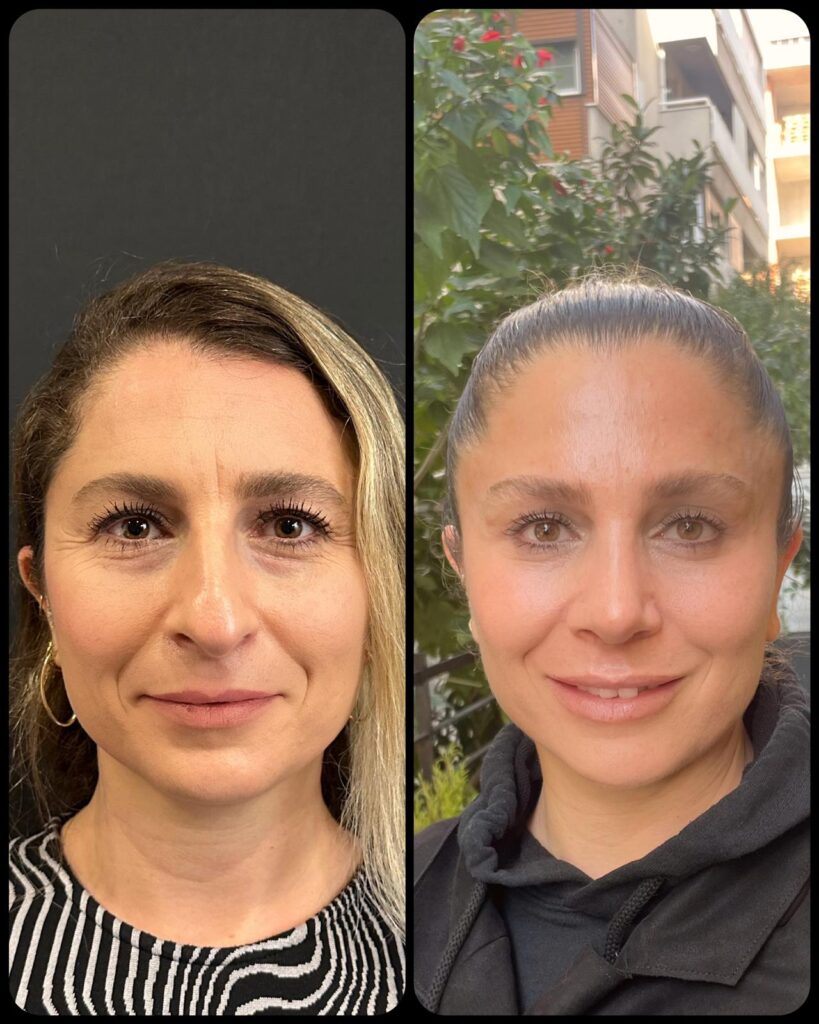
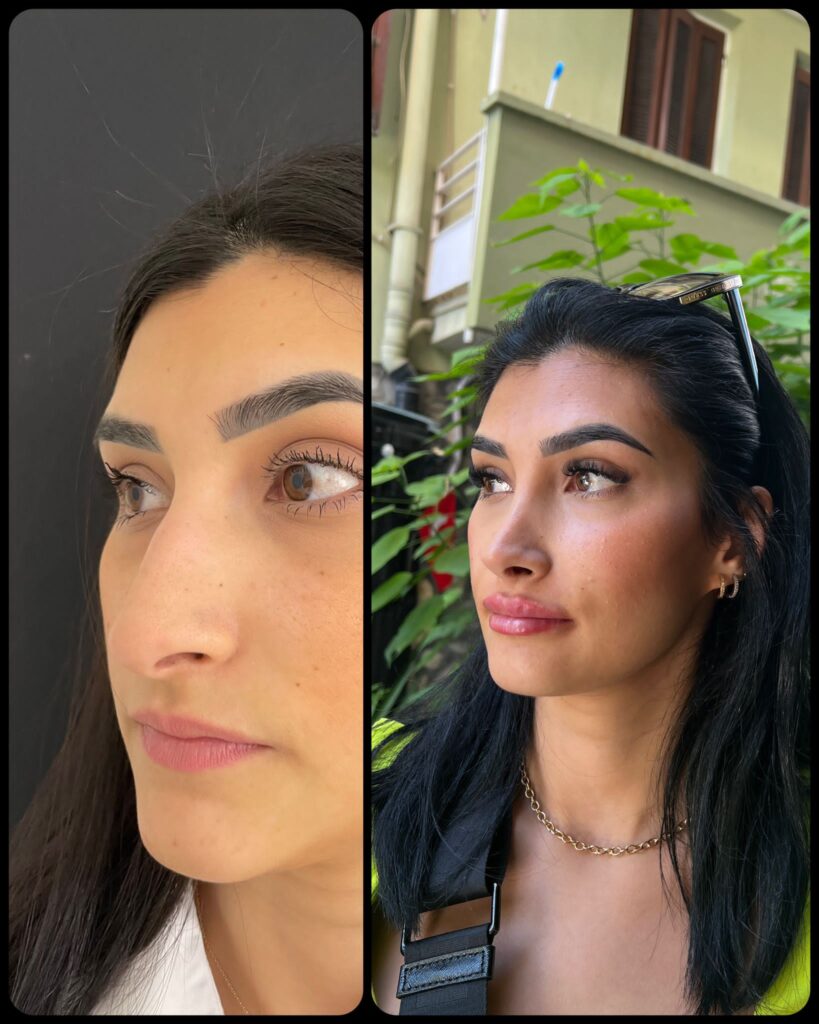
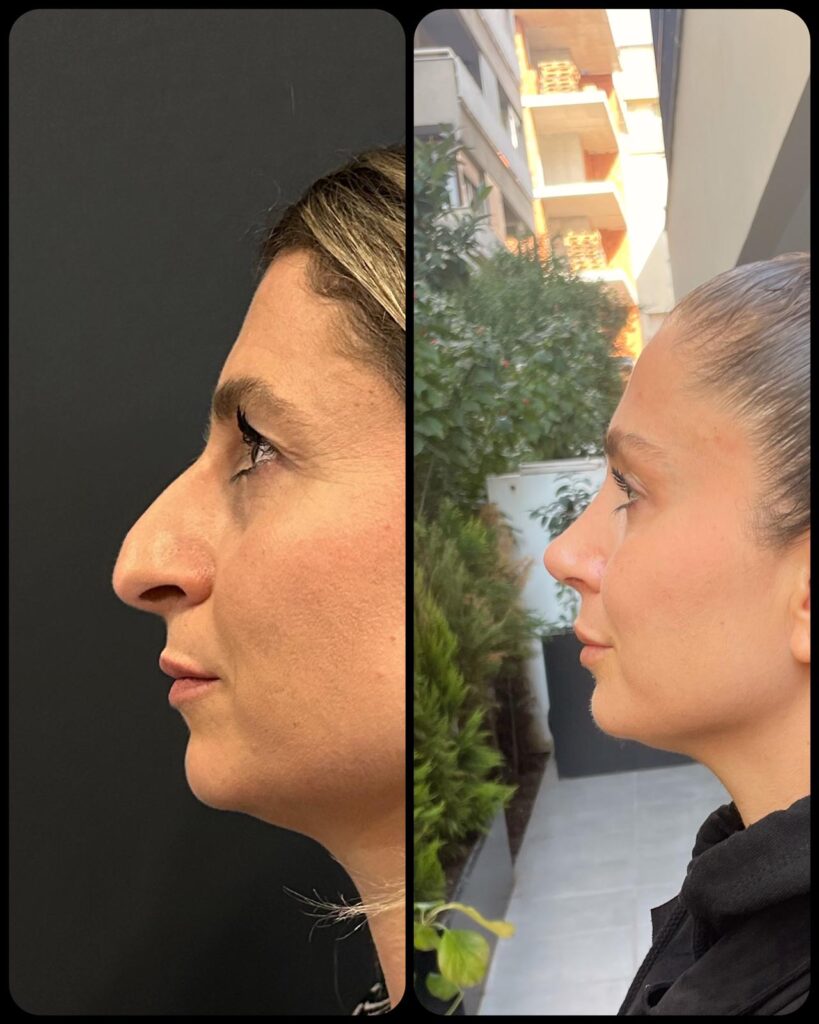
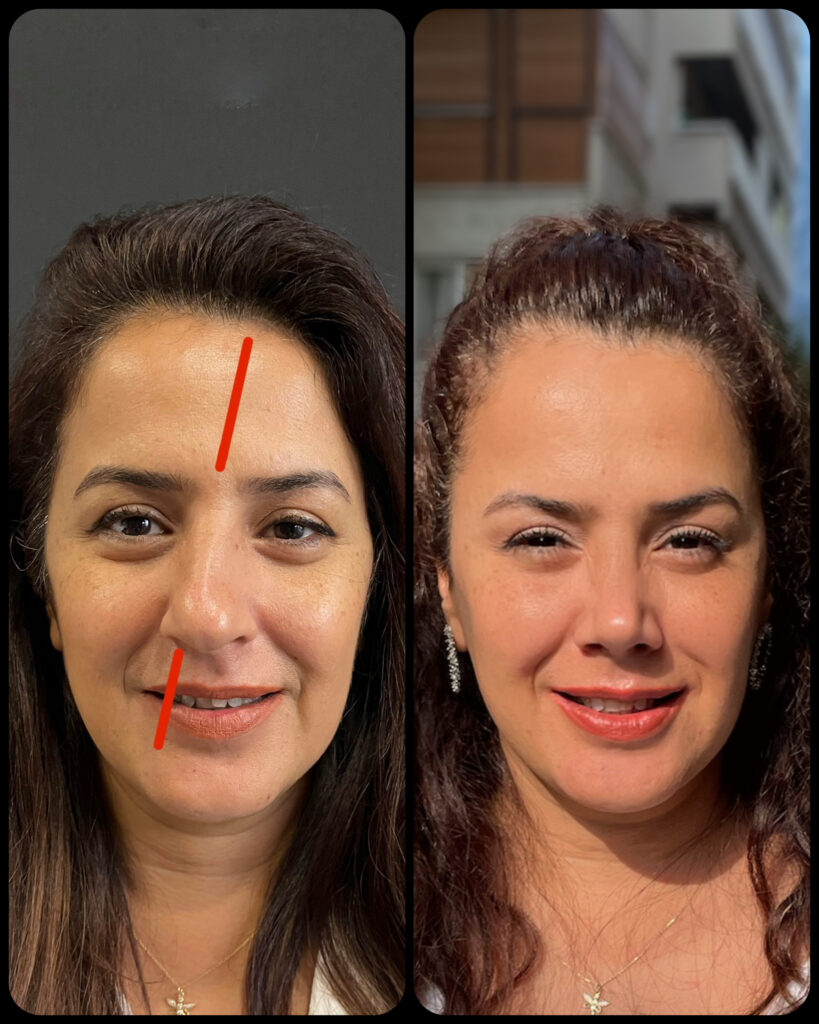
There are several facelift techniques, each designed to target specific concerns and suit different age groups and aesthetic goals. The most common types include:
Ideal for severe wrinkles and sagging in the face and neck. Addresses deep folds around the nose and mouth (nasolabial folds). Lifts cheeks, jawline, and loose neck skin, restoring overall facial balance. Best suited for individuals with advanced signs of aging.
A less invasive option, suitable for mild to moderate skin laxity. Primarily focuses on lifting the lower face and jawline. Involves smaller incisions and has a shorter recovery period. Recommended for younger patients who want subtle improvements.
Targets the middle part of the face, particularly the cheeks and under-eye area. Restores lost volume and enhances facial contours. Minimally invasive and can be combined with other procedures like eyelid surgery or fat grafting.



Privacy Policy | Terms & Conditions
© 2025 Better Version Lab. All Rights Reserved.